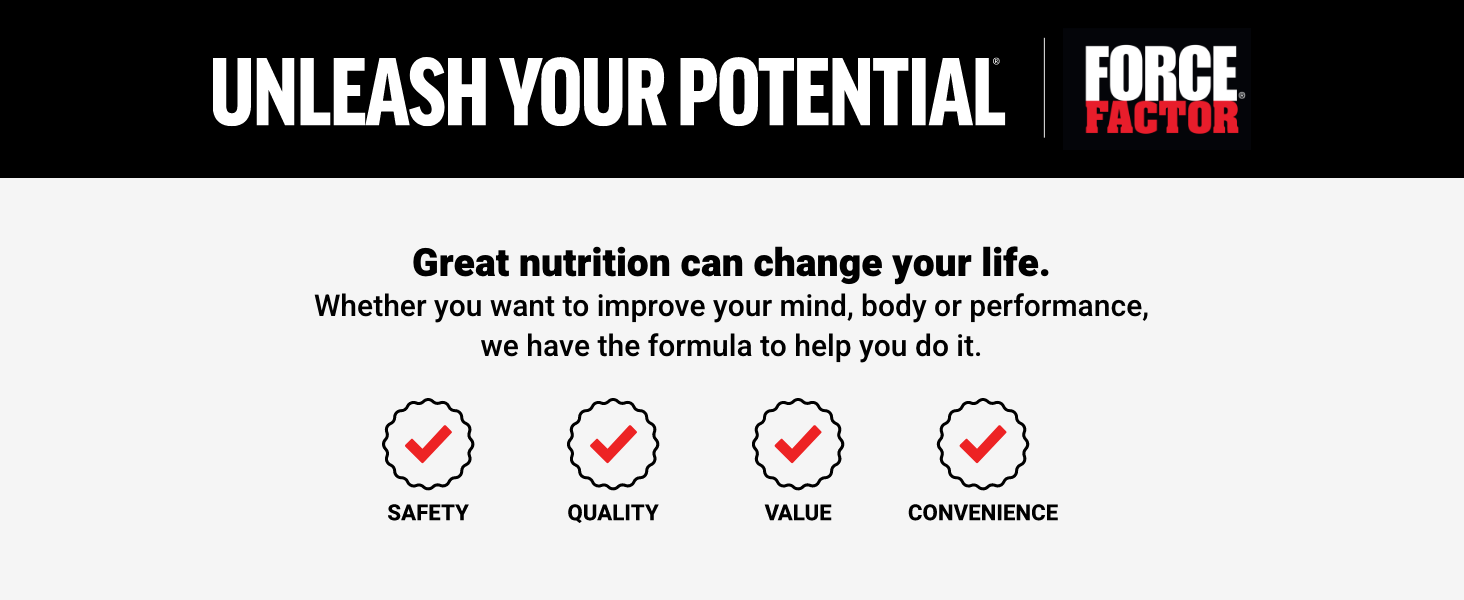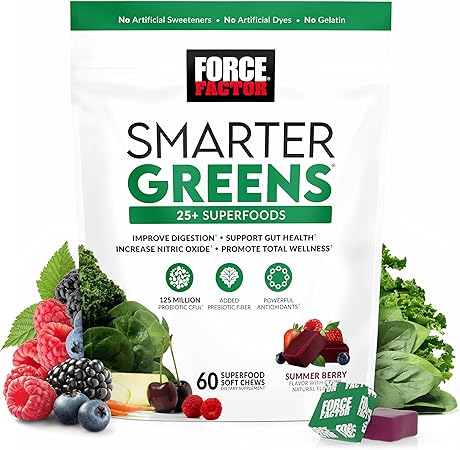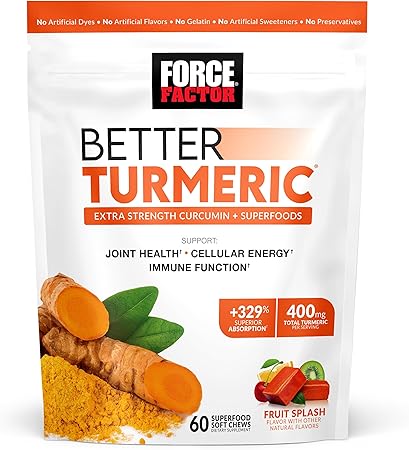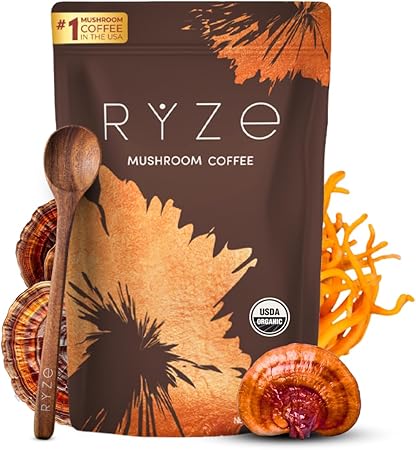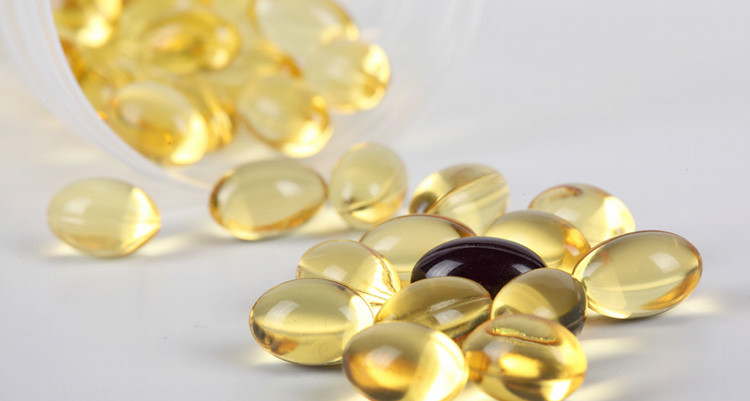
What are vitamins? A vitamin is an organic (carbon-containing) chemical compound your body must have in very small amounts for normal growth, metabolism (creating energy in your cells), and health. Vitamins are needed to make enzymes and hormones, which are important substances human body uses to make all the chemical reactions, needed to live. Your body has no way to create vitamin molecules itself, so the vitamin molecules must come in through food that you eat. Most of us get enough of vitamins from our food, but it may be necessary for some people to take a vitamin supplement, because an ongoing shortage of vitamins will lead to failed health, weakness, susceptibility to disease. The body needs at least 13 different vitamins to function properly: Vitamin A – Retinol; Vitamin B complex (B1 – Thiamine; B2 – Riboflavin; B3 – Niacin;...

